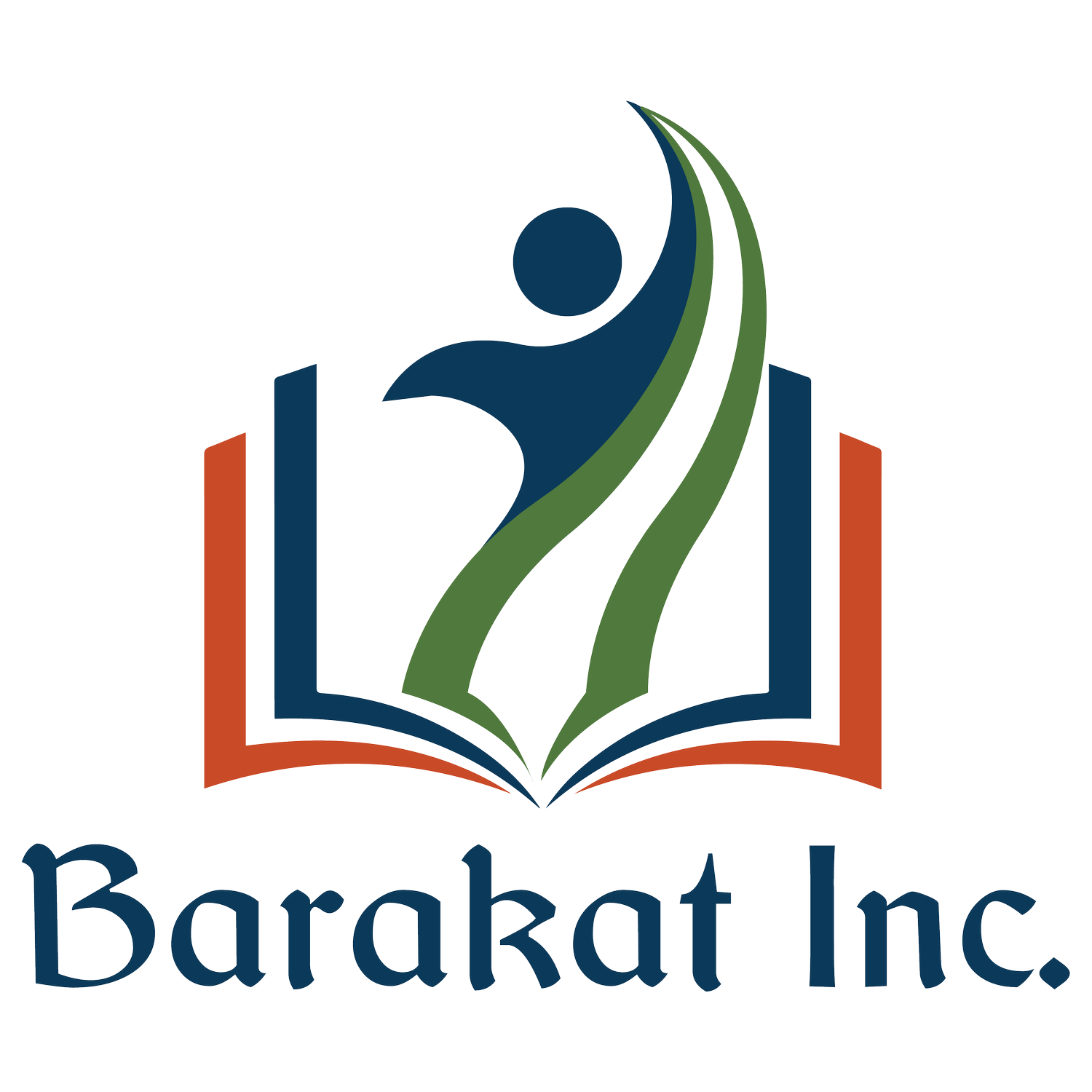Board of Directors
-

William Mor
Board President, Bill Mor has been involved with Barakat’s work from the inception. As a businessperson with a balanced and compassionate perspective, he has guided Barakat’s direction over the decades.
-

Julie Arcari Cook
The head of a well-established family business, Julie has brought her experience in management and outreach to Barakat’s work. Her penetrating insight into the nature of Barakat’s work has helped Barakat make well thought-out decisions with regard to programmatic endeavors. Her sense of empathy with the cause of female empowerment has further allowed us to hone our work.
-

Christopher Walter
Co-founder of Barakat, Chris Walter has been instrumental in the foundational as well as changing aspects of Barakat’s multi-faceted, evolving work history. A businessman who has channeled the profits of his business into charitable causes, Chris’ input has been a determining factor in Barakat’s creation.
-

Muhammadullah Ersari
A successful businessman dedicated to philanthropic initiatives, Muhammadullah has helped Barakat to define it’s vision and direction in Pakistan and Afghanistan. As a member of our Board his input has helped us to shape our programs to better meet the needs of the communities we serve. He is also a major supporter of Barakat’s Ersari Elementary School in Pakistan and of Besh Kapa Surkh in Jowzjan Province, Afghanistan.
-

Habibullah Karimi
Habibullah Karimi is co-founder of Barakat along with Chris Walter. A successful businessman he now supports Barakat’s work in Afghanistan, particularly Mullah Kareem Nazar School in Andkhoy, Faryab Province, named in honor of his late father.
-

Tom Barfield
Professor Tom Barfield is a social anthropologist who has conducted extensive ethnographic fieldwork in Afghanistan. His research and books inform our knowledge about the socio-economic, political and cultural conditions of Afghanistan. He has been an invaluable resource for Barakat’s work in Afghanistan.
-

Karen Boatman
Professor Karen Boatman taught at Boston University’s School of Education for many decades, leading the International Educational Development Program. Her extensive experience in the non-profit and educational sectors both within this country and abroad have guided Barakat’s work in all aspects of program creation, implementation, evaluation and development.
Staff
-
Arti Pandey
Dr. Arti Pandey did her doctorate in Education from Boston University. She worked as Program Director for Barakat previously and has worked in the non-profit and education sectors in the Indian sub-continent and the United States.
-

Sumera Sahar
Mrs. Sumera Sahar has had a long tenure with Barakat Pakistan, beginning in April 1995 as a teacher, moving on to becoming a Principal at Ersari Elementary School in 1997, finally taking over as Director of Barakat Pakistan in March 2004. It is her leadership and direction that have allowed the organization to flourish over the years, navigating both the bureaucratic challenges of running an NGO in Pakistan and the socio-cultural difficulties of working with a refugee community with conservative ideas about education, particularly female education.
-

Abdul Rehman
Abdul Rehman has also been with Barakat since our work started in Pakistan. His contribution has been crucial as a family liasion among the refugees who attend Barakat Pakistan schools. As an honored member of the refugee community, his input and advice have helped to shape Barakat programs in Pakistan. As a successful businessman he is now instrumental in both implementation of the programs in Pakistan as well as supporting them financially through personal charitable giving to Barakat Pakistan schools.
Partner NGOs
-
Guria
Guria India is a non-profit organization that is dedicated to fighting child prostitution, second-generation prostitution, and sex trafficking in Northern India, and to achieving freedom worldwide. Guria was established in 1993 in Benaras, Uttar Pradesh, India by Ajeet Singh who is both the founder and the force behind the work. What sets Guria India apart from other organizations is that not only do they strive to rescue victims, they also strive to fight the organized criminal nexus. Over the years of its working, Guria India has managed to develop an innovative holistic end-to-end approach to fight sex trafficking successfully. While responding to the immediate suffering of the victims, they also focus on the root causes of sex trafficking – poverty and inequality.

-
Society for Nutrition, Education & Health Action (SNEHA), Mumbai
SNEHA is a non-profit organisation that works with women, children and public health and safety systems.Their innovative work in urban informal settlements aims to reduce maternal and neonatal mortality and morbidity, child malnutrition and gender-based violence (GBV). Barakat is collaborating with them in the field of GBV.


